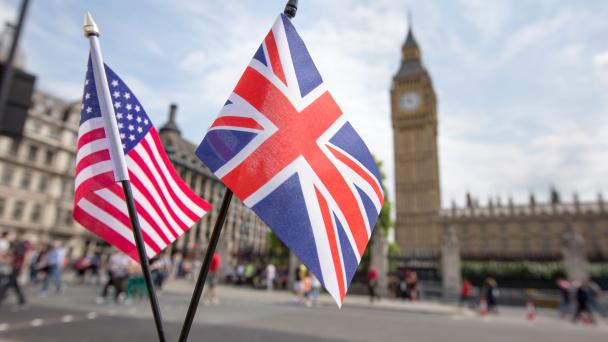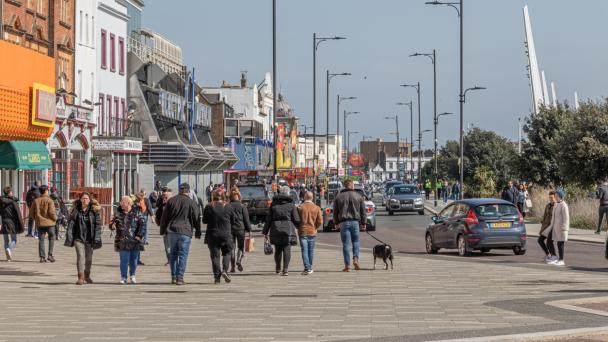Demographic Divides: What drives attitudes in the UK and US?


The Centre for Inclusive Trade Policy (CITP) is a multi-year ESRC-funded research centre, which started in April 2022 and aims to be a centre of excellence for innovative trade-policy research. To support its early work, the CITP commissioned the National Centre for Social Research (NatCen)’s Centre for Deliberative Research to conduct a series of citizens’ juries on UK trade policy, that sought to gain insights into basic public attitudes towards trade and trade policy. Specifically, what choices do the public make when faced with complex trade policy trade-offs? How do they make these choices? And who do they trust to inform and make these choices?
To investigate these questions, the Centre for Deliberative Research delivered citizens’ juries with 113 members of the public from five different locations across the United Kingdom (Reading, Doncaster, Paisley, Belfast, and Bridgend). Each jury participated in five workshops in total: four online, each lasting two and half hours, and one face-to-face all-day workshop.
Across locations there was consistent agreement on how participants felt about the various trade policy challenges considered. At a more granular level however, we did see areas of divergence in opinion, which were apparent in, for instance, scenarios where the consequences of trade decisions affected the regions of the UK differently.
Overall, when asked to rank the most important objective for UK trade, just over half ranked economic growth as the most important at both the start and end of the juries. However, when asked about specific trade-offs, the majority of participants prioritised workers’ rights, human rights, and climate change over more trade (where trade was presented across the different trade-offs as implying economic gain). Analysis of participants’ reasons for accepting and rejecting specific trade deals considered in the juries reveals four core ideas used to navigate complexity and make decisions: fairness, national interest, regional interest, and long-term outcomes.
Participants also wanted ‘experts’ to inform trade policy decisions, understood as both those who have ‘on the ground’ experience of how trade affects lives day-to-day, to independent specialists (such as academics) who can offer trusted, accurate assessments of the outcomes of deals.
Finally, participants prioritised the UK Government and international organisations to make decisions on trade. The former choice was not out of trust, rather, this reflected recognition that power currently lies here. Preferences for international organisations may reflect a desire for ensuring standards and arbitration on trade issues.
Citizens’ juries are a deliberative method, which means participants are given the time, space, and conditions to explore an issue in depth, yielding insights into their considered views on complex, value-driven issues that often require trade-offs for resolution. Participants heard from experts on different trade topics, had opportunities to reflect with others on the information they had heard and raise clarifications.




Receive a regular update, sent directly to your inbox, with a summary of our current events, research, blogs and comment.
Subscribe